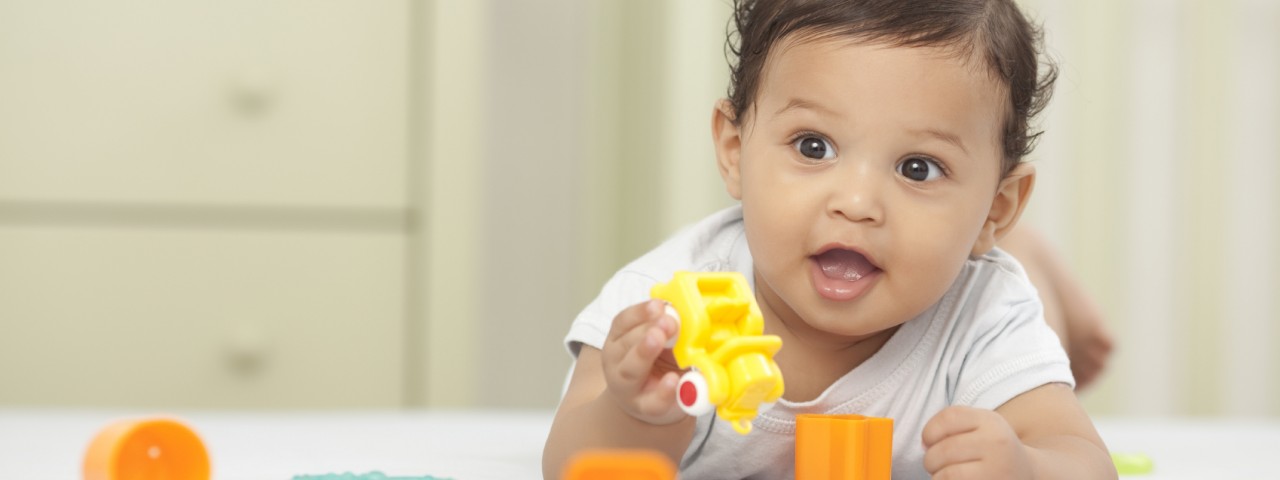Severe Stress Interferes with Early Childhood Brain Development
- Tweet

For many of us, the New Year is an exciting time because of the promise of unexpected surprises and new opportunities.
But for too many young children in Memphis, the new year will be too much like the old one, with the promise that daily lives filled with toxic stress will limit their opportunities for the future.
Toxic Stress Disrupts Early Childhood Brain Development
Toxic stress has been called the “elephant in the room in Memphis” by Robin Karr-Morse, author of Ghosts from the Nursery and Scared Sick: The Role of Childhood Trauma in Adult Disease. It disrupts brain development in the early years of a child’s life when the brain is expanding to 80 percent of its adult size.
Brains aren’t born with feelings, creativity, and imagination. Every child’s underlying genetic potential is affected by experiences that shape her strengths and vulnerabilities.
When a child’s life is chaotic, violent, and impoverished, prolonged activation of the stress response system can disrupt brain development. On the other hand, a child whose life is nurturing and enriching is more likely to be happy, productive, healthy, and creative.
Positive “Serve and Return” Relationships Are Vital to Early Childhood Brain Development
We know from neuroscience that the relationships between infants and toddlers and their parents, grandparents, and caregivers can have a lifelong influence. The interactive, “serve and return” nature of these relationships is vital in the development of the brain. Smile at a baby and toddler and she smiles back, coos, and gestures. Without this give and take, the brain architecture does not form as expected. That’s why these early years are a time of great opportunity, but also a time of great vulnerability.
Exposure to child abuse, family violence, poor child care, extreme poverty, drug abuse, and other highly destructive environments create toxic stress. Stress creates obstacles for early childhood development, and its effects can remain with an individual for a lifetime. For example, research shows that classroom outcomes for teenagers are linked to academic skills in kindergarten and these academic skills are linked to optimal brain development.
That’s why early, prolonged stress is described as toxic. More adverse experiences in childhood means more likelihood of development delays and later health problems, including heart disease, diabetes, substance abuse, and depression.
Early Interventions Benefit Our Community
All of us are products of our earliest experiences, and the science of early brain development proves the importance of a comprehensive infant and toddler policy agenda. Because early experiences matter so much, we must be willing to invest in high quality, research-based early interventions for children who are at risk.
Some of these interventions include Early Head Start, parent education programs, teenage pregnancy prevention, home visitation, and communitywide nurturing programs. The return on investment for these interventions is well documented, because they affect all aspects of a community – economic development, educational attainment, prosperity, criminal justice, and health.
We know that healthy childhood development requires supportive, responsive relationships and positive home environments. We also know that investing in early childhood benefits everyone. As a community, our first resolution for the New Year should be to turn this knowledge into action.
